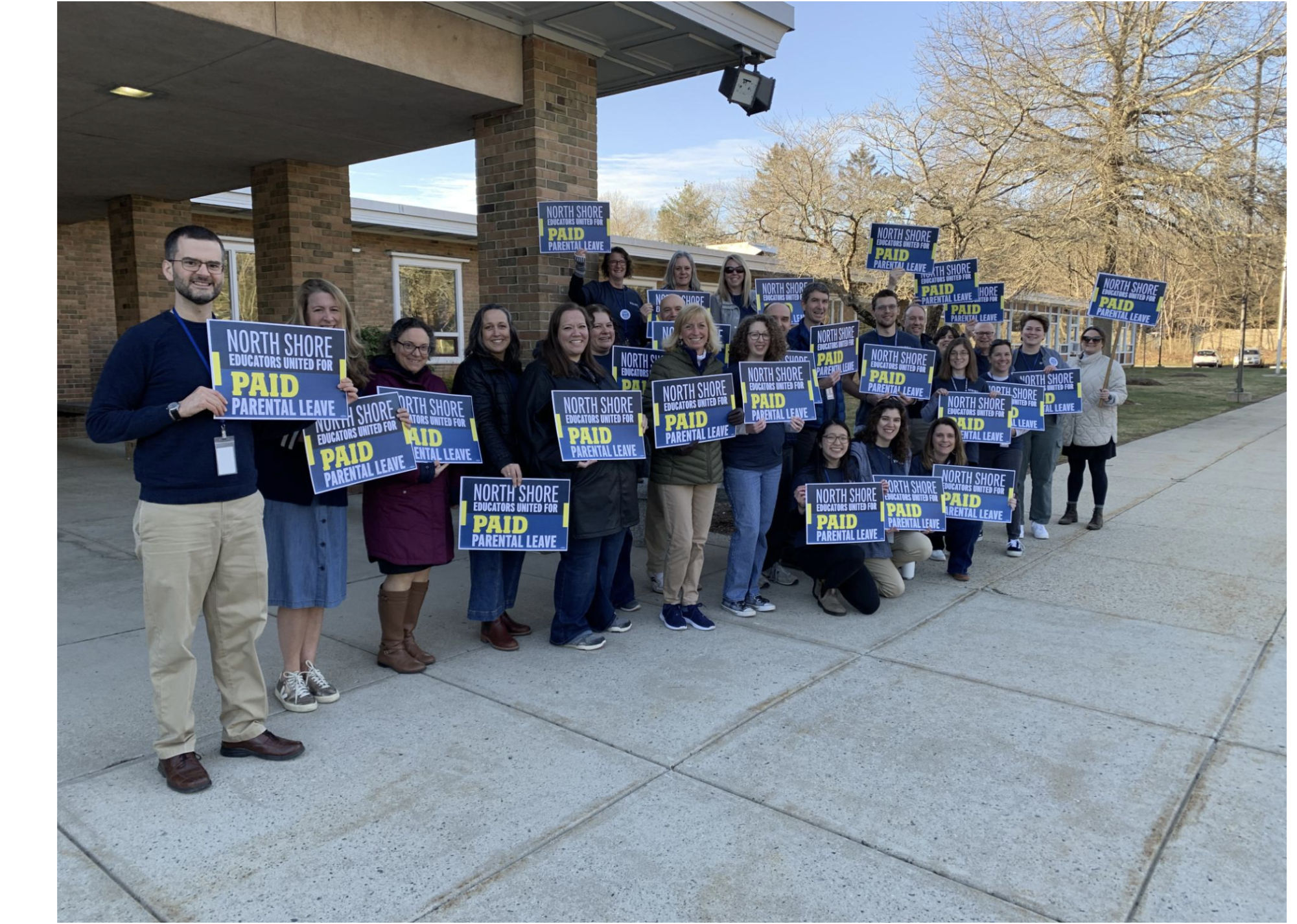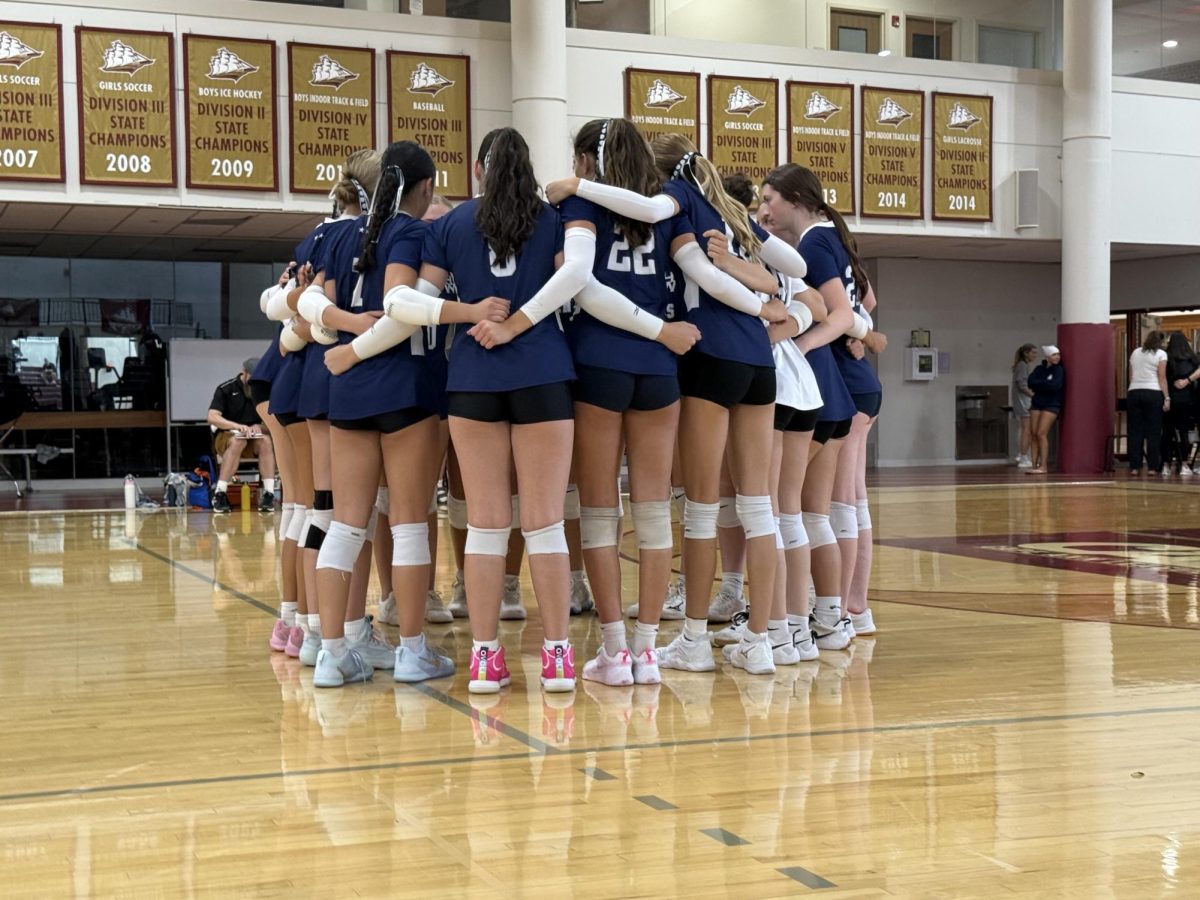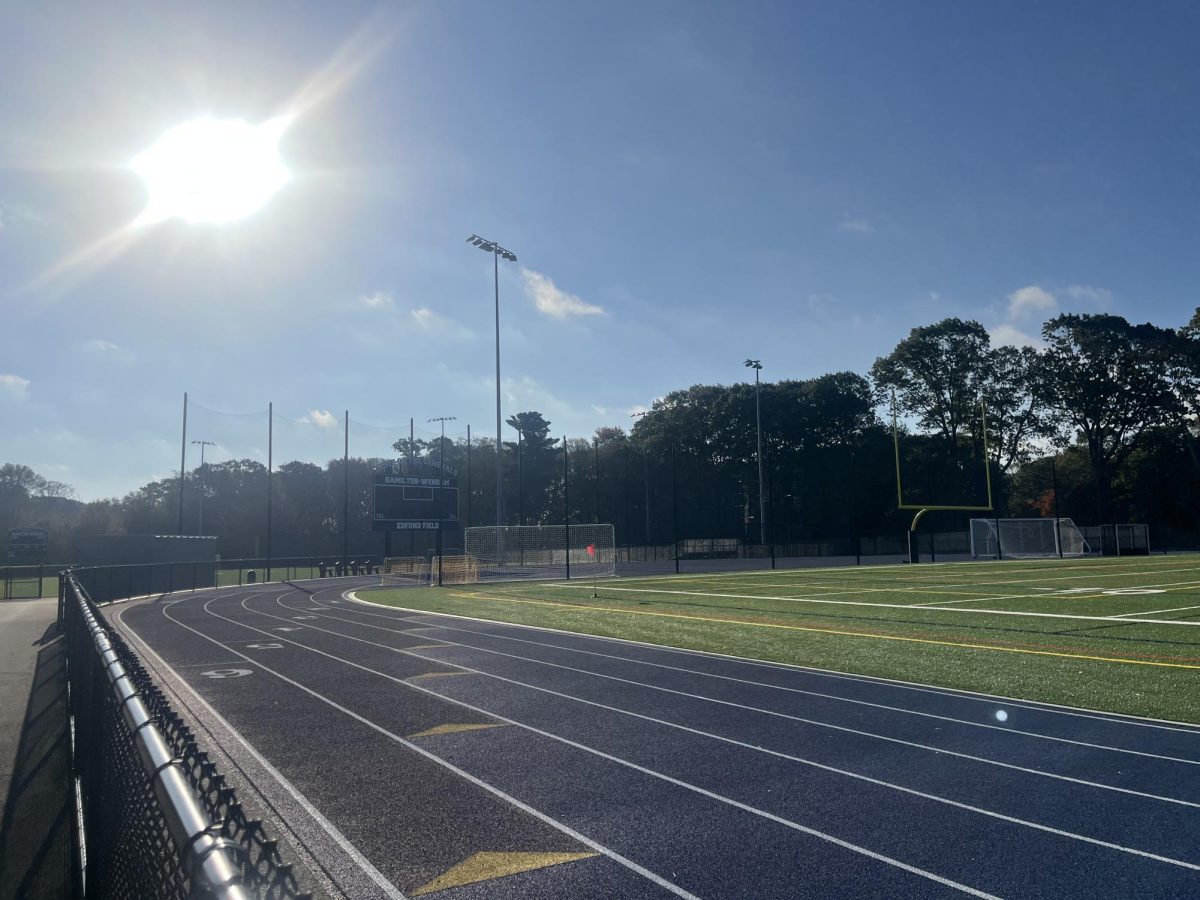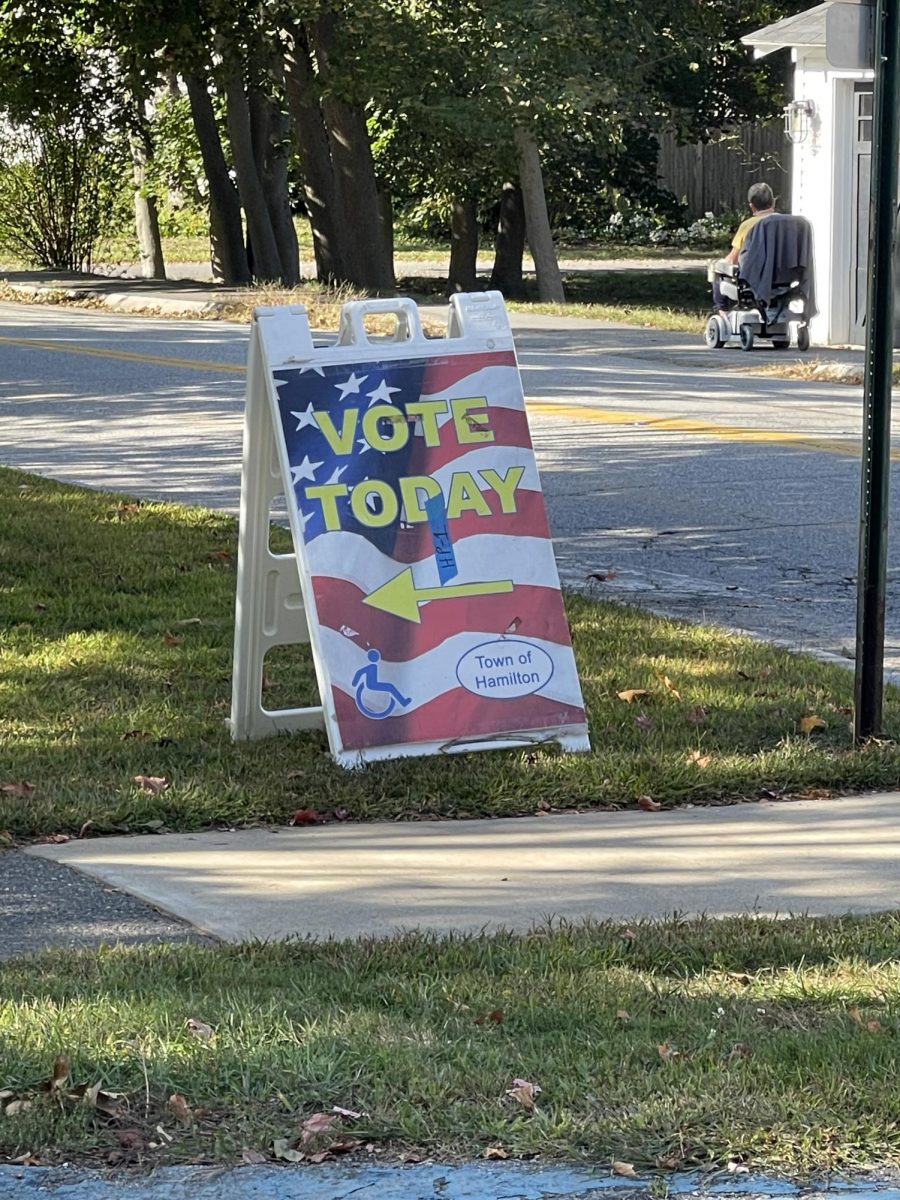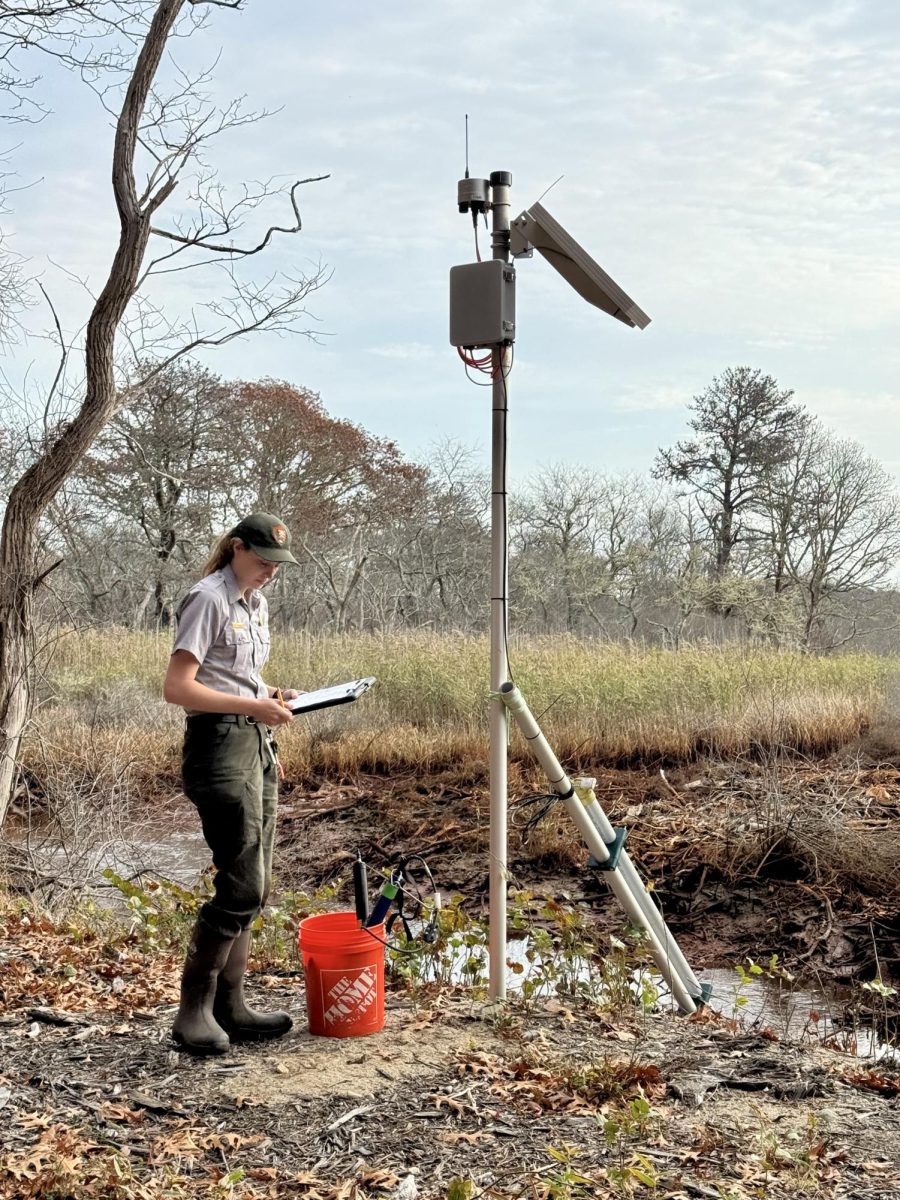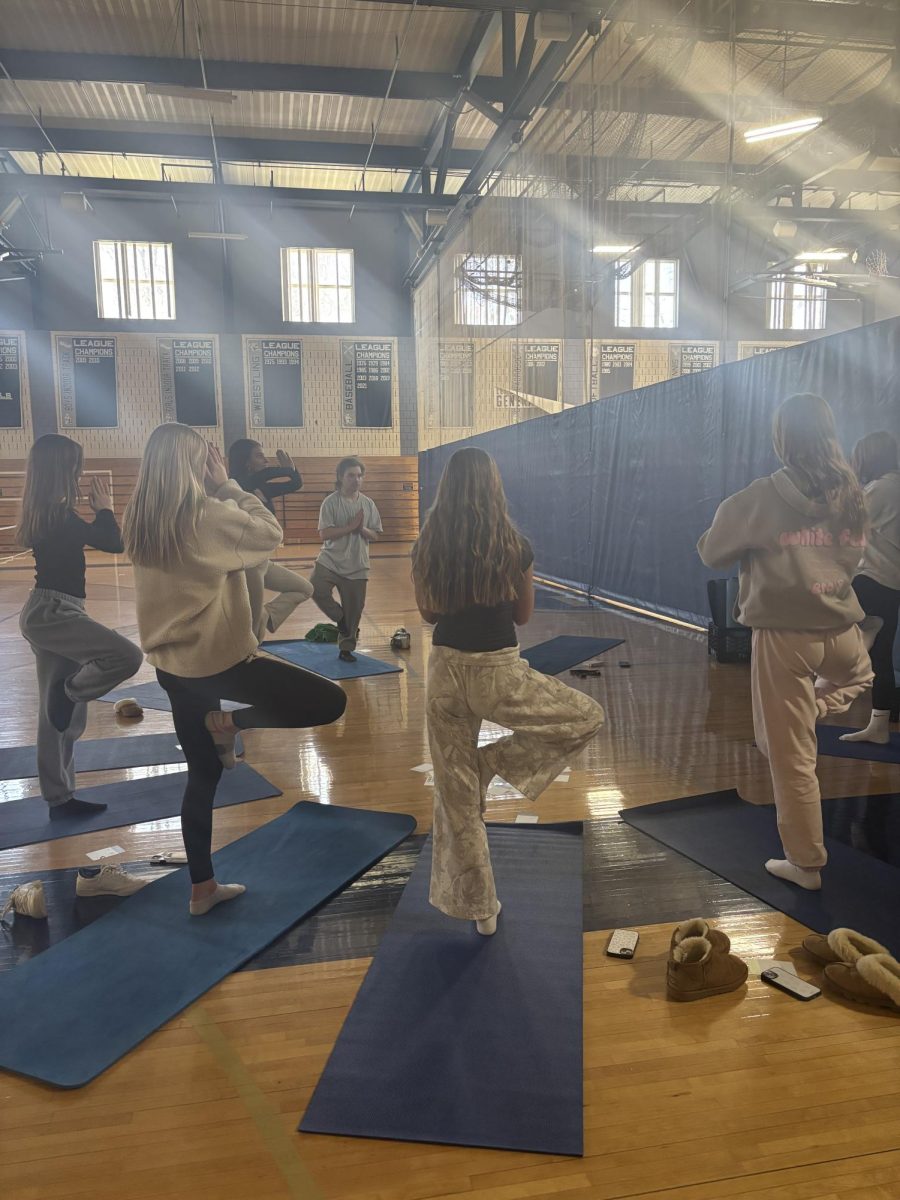Many countries worldwide provide paid parental leave after the birth of a child or an adoption. However, some countries provide more paid leave than others. Educators across the state of Massachusetts are fighting for their right to have access to paid parental leave.
Recently, members of North Shore Educators United have begun peacefully protesting for their right to more paid time off after having or adopting a child.
According to Zero to Three, on average, mothers take about ten weeks of maternity leave. Of these, about 10 days are covered by paid sick leave, and 12 days are covered by paid personal time. The rest are unpaid.
According to the Massachusetts Teachers Association, Massachusetts’s laws currently allow female employees eight weeks of consecutive leave for childbirth or adoption. However, the law does not require the employer to pay the new parent during this time.
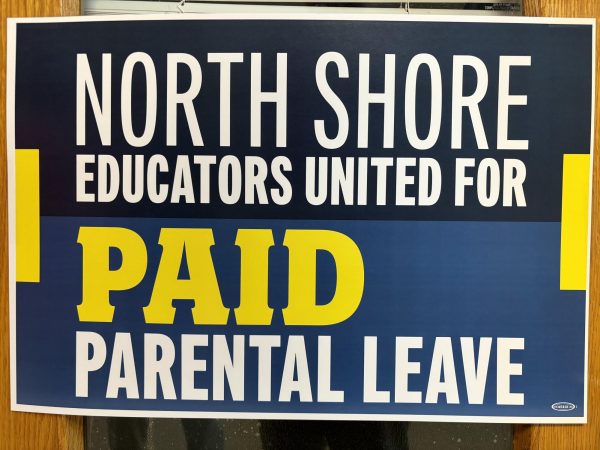
Nicholas Ristaino, a history teacher at the Regional and the head of the Teacher’s Union, has helped organize the Paid Parental Leave movement at Hamilton Wenham.
He describes the goal as getting the equivalent amount of paid leave time as people in the private sector (12 weeks of paid parental leave and 60 days of family medical leave).
Currently, the teacher’s contract states that a new parent is “entitled to eight weeks of parental leave without pay.” According to the Family Medical Leave Act (FMLA), “a teacher who had completed one full school year in the District shall be entitled to an additional four weeks of leave.” This would also be unpaid time.
Across the state, districts are working to change the parental leave paid time off policies.
Ristaino points out that “Andover won 12 weeks of paid parental leave, and in Lexington, it’s about 8 weeks.”
Ristaino emphasizes it’s not just about money; it’s a way to help retain staff. “[It’s a] strategy that would actually help the district improve its own state of goal” overall “improving staff retention,” said Ristaino.
When schools have more paid leave, it encourages teachers to work there.
The fight isn’t just in Massachusetts; America as a whole lags behind several countries with vastly different policies.
In Italy, Moms can take 5 months leave. Many take two months before the birth and three months afterward. Regarding pay, they can receive 80% of their salary and may be entitled to 100%, depending on the employer.
Similarly, Australia offers paid leave as well as an additional 6 weeks of Flex-Leave.
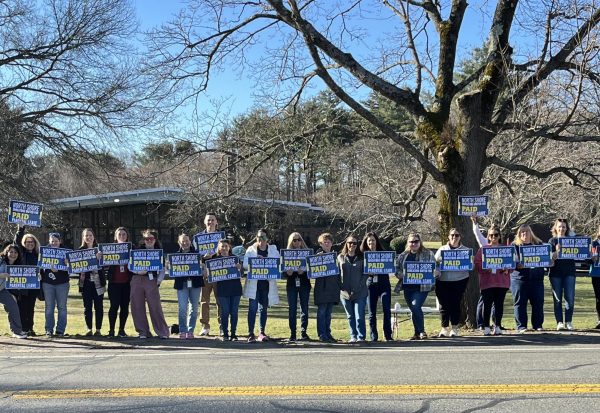
Flex-Leave is flexible time off. People can use these leave days before or after the birth or adoption of a child. However, they are only usable for the first two years.
Lauren Lovell recently went on maternity leave in Australia. The government provided her with 12 weeks of paid maternity leave and “6 weeks of paid Flex-Leave.” She added that she had the option to pass that time “to [her] significant other.”
The United States clearly lags behind multiple countries when it comes to paid parental leave policies.
According to Standford Education, “Opponents of PFL worry that paid time away from work could lower employees’ attachment to their jobs… and impose substantial costs on employers.”
However, The North Shore Educators and the Massachusetts Teachers Association believe that an agreement can and should be reached. They will continue to fight for access to paid family leave.
Members of the community who want to show their support can organize groups to help spread the word to the community at large, contact the school committee, or speak during town meetings. Spreading awareness helps bring the community one step closer to ensuring paid parental leave.

